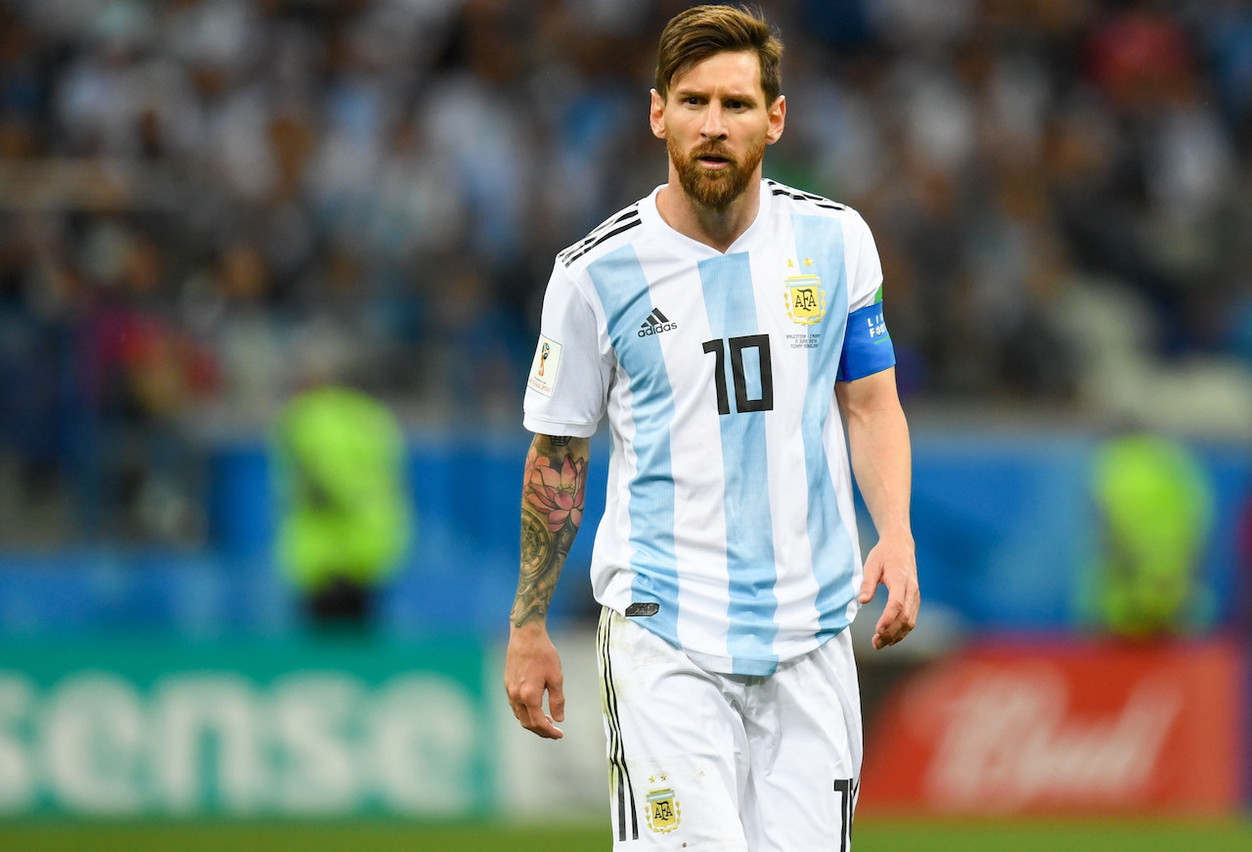The awarding of the 2022 Fifa World Cup to the Gulf state of Qatar was “tainted…by a great gushing spume of individual corruption among Fifa’s executive committee and decisive actors outside the voting room...” as The Guardian’s Barney Ronay puts it.
Indeed, 16 of the 22 voting members of the Fifa executive committee that handed the World Cup to Qatar have since been implicated in or investigated over alleged corruption or bad practice--though not all of them in relation to the awarding of the World Cup.
Then there is the terrible human rights record of Qatar and its well-documented mistreatment of migrant workers drafted to build stadia and infrastructure for the event, many of whom died. Figures vary depending on the source, but the number of migrant workers who have died in Qatar since 2010 has been put at up to 6,500 according to a Guardian investigation.
Fifa brushing human rights under carpet
Efforts by human rights groups to gain compensation have been dismissed by Qatar’s labour minister as a “a publicity stunt”, and Fifa has also done little to help. Vociferous campaigner Steve Cockburn from Amnesty International is astonished. “If [Fifa president] Gianni Infantino wants the world to ‘focus on the football’ there is a simple solution: Fifa could finally start tackling the serious human rights issues rather than brushing them under the carpet.”
Indeed, Qatar’s deplorable attitude to equality for women and the LGBTQI+ community is also a huge concern. As Andy Maar from Rosa Lëtzebuerg says, his organization would not recommend LGBTQ+ fans to travel to the tournament. “Especially because of all those things that you hear, for example in interviews with people saying LGBTQ+ fans should respect the traditions of Qatar.” And Qatar’s justice system also failed to do its job when it allowed the man who raped and killed Lauren Patterson, a former teacher at St. George’s International School here in Luxembourg, to serve just a five-year sentence.
It seems that money is the only language that Infantino and his cronies understand
As trivial as it seems compared to the wilful neglect of human rights, the last-minute decision to not allow Fifa partner Budweiser to serve alcoholic beer at fanzines outside the stadia is a prime example of how untrustworthy the Qatar regime and the tournament organisers are. Let’s hope Anheuser-Busch InBev has a smart set of lawyers who can take Fifa to the cleaners for breach of the $75 million contract it had with the world football federation--it seems that money is the only language that Infantino and his cronies understand, after all.
Read also
Sport doesn’t help human rights
Lest we forget, this is not the first time the World Cup had been played in a country suffering a regime that so publicly tramples on human rights. The 1978 tournament was held in Argentina under military dictatorship and Mussolini was in power in Italy in 1934 (four years later the Italian team wore black shirts and performed Nazi salutes as they defended their title in France). And let’s not forget that the 2018 World Cup was held in Russia.
The argument used by Infantino and others is that hosting major international sporting events will bring about change in countries with problematic regimes as they become the focus of the global media spotlight. But human rights have clearly failed to improve in both Russia since 2018 and China since it hosted the Olympics in 2008.
You would need to have a particularly hermit-like lifestyle to avoid any product or service that is not tainted by corruption or human rights abuses
Intoxicating sport
But Infantino is right in one argument he used in his bizarre media briefing on Saturday, the day before the tournament kicks off. While criticism of Qatar is clearly justified and needs to be shouted across as many platforms as possible, boycotting the World Cup or taking the moral high ground and urging everyone not to watch it is hypocritical. While I fully support those who don’t want to watch or have said they will not host public screenings--as the Rotondes has done—I think that criticising those who will fall under the spell of the football itself seems particularly conceited. Globalization means you need to have a particularly hermit-like lifestyle to avoid any product or service that is not tainted by corruption or human rights abuses. Maybe living in is the only solution for the morally superior.
The autumn scheduling, due to the climate, has cut short the build-up and media hype surrounding this World Cup. So picking a favourite and gaining insight into some of the lesser-known teams has been a struggle. But, when the tournament actually starts and the likes of Neymar, Mbappe and De Bruyne strut their stuff, the spectacle will be as intoxicating as always for football fans. Then there is the added mouth-watering prospect of one of the two great stars of the last two decades, Lionel Messi or, less likely, Cristiano Ronaldo, lifting the trophy for the first time in what will be their last World Cup.
So, I for one will be watching--work and family schedules permitting—and, in what may seem a futile gesture, making a monetary contribution to Amnesty International for each match I manage to see.


